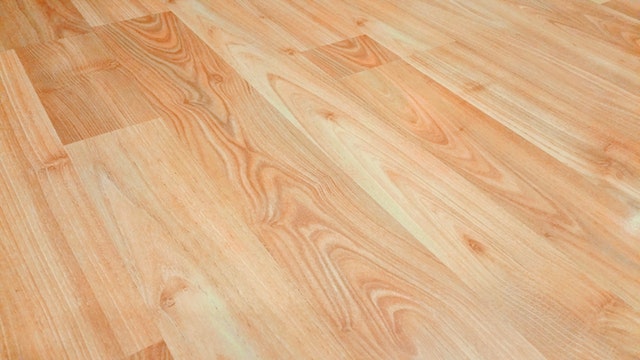Wood, a gift from nature, has been an essential material for countless generations. From ancient civilizations to modern times, wood has been valued for its remarkable characteristics and unmatched versatility. Its natural warmth, strength, and aesthetic appeal make it a preferred choice for various applications, ranging from construction and furniture to art and design. In this blog, we will explore the timeless beauty and versatility of wood, highlighting its unique qualities and the reasons why it continues to be cherished in our ever-evolving world.
- Natural Elegance: One of the most captivating features of wood is its natural beauty. Each grain pattern, texture, and color variation tells a unique story, adding a touch of elegance to any space. Whether it’s the rich warmth of mahogany, the light tones of oak, or the rustic charm of reclaimed wood, the aesthetic appeal of wood never fails to create a welcoming and timeless ambiance. From classic to contemporary designs, wood effortlessly adapts and enhances any style, making it a perennial favorite among homeowners, architects, and interior designers alike.
- Durability and Longevity: Wood stands the test of time, thanks to its inherent strength and durability. With proper care, wooden structures, furniture, and flooring can last for decades, retaining their charm and functionality. The natural properties of wood, such as its ability to absorb and release moisture, provide stability and prevent warping or cracking. Moreover, advancements in wood treatment techniques, such as kiln drying and preservation treatments, have significantly improved wood’s resistance to rot, pests, and decay, further enhancing its lifespan.
- Sustainability and Environmental Friendliness: In an era where environmental concerns have taken center stage, wood emerges as a sustainable choice. Responsibly sourced and managed forests ensure a continuous supply of wood, promoting the regeneration and growth of trees. Moreover, wood products store carbon, helping to reduce greenhouse gas emissions and combat climate change. By choosing wood over non-renewable materials, we contribute to a more sustainable and eco-friendly future.
- Versatility and Adaptability: Wood is an incredibly versatile material, offering endless possibilities for creative expression. It can be crafted and shaped into intricate furniture pieces, architectural structures, and decorative items. From solid timber to engineered wood products like plywood and veneer, wood’s adaptability allows it to meet a wide range of functional and aesthetic requirements. Its workability, combined with various finishing options, enables customization and the creation of truly unique pieces that reflect personal style and preference.
- Health and Well-being: Apart from its visual appeal and durability, wood also offers numerous health benefits. Research suggests that exposure to wood can reduce stress levels, enhance cognitive function, and promote overall well-being. Wood’s natural warmth and texture create a calming and comforting atmosphere, making it ideal for interior spaces where relaxation and rejuvenation are desired. Additionally, wood has been shown to have positive effects on indoor air quality, as it can regulate humidity and reduce pollutants, leading to a healthier living environment.
